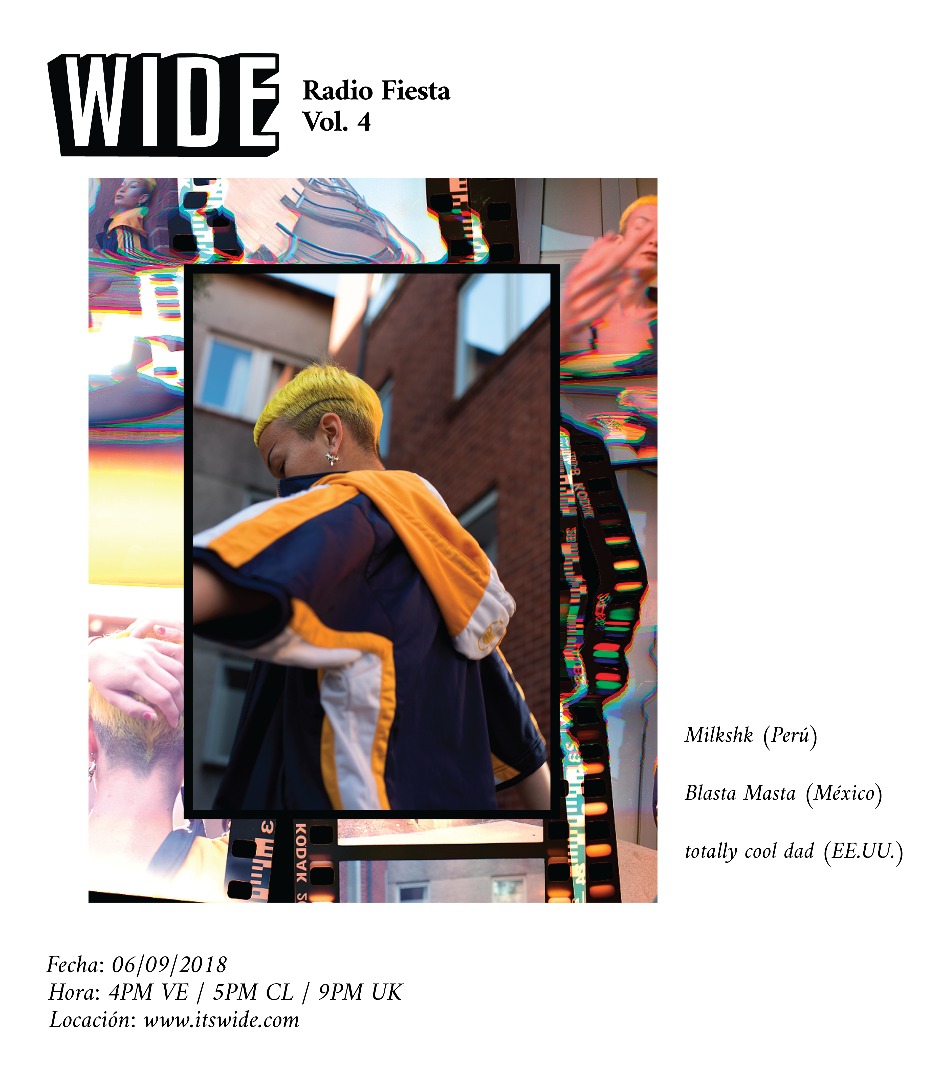Gaika
His ways of thinking culturally and politically, holding art as activism, reminds us of the lyrical content and the social endeavors of Das Racist, with the difference that this artist emphasizes visuals, sound, and pathos over wordiness and colorful academic references.
If there’s anything the DJ, producer and media polyglot invites us to discuss, is the way in which he confronts: ”Ghetto futurism” is the name he’s coined for his work, hinting us an interest towards matters of inequality, exclusion and oppression.
Gaika takes posture standing from the richness of black music and culture, which he seeks to push forward and transform. But what does he mean exactly by black culture? Doesn’t hip hop culture, after all, assault our minds when we think about XXI century’s black culture manifestations?

It is that exactly – the cliché – that the producer stands against: together with hip-hop culture, chunks from the collective imaginary of the representation of African descent appear, like flashbacks: the domesticated and mass-produced gangsta, turned into a millionaire rap producer, with his Cuban cigars, gold chains and a little violence subtext elegantly masked with Armani sleeve shirts of Yacht White hue. Or the handsome boys from Blacked.com, massaging our body image expectations in all the right spots. There’s also what is said with less enthusiasm: People of African descent still are an ethnic minority – more symbolically than demographically so – still marginated, and most regretfully, still prone to being treated as second-class citizens.
Disposing of the hyper masculine and vulnerable depictions of black people and the mainstream aesthetics of hip-hop music, Gaika has chosen to swell the connotations of what is heard when the phrase “black music” is pronounced, taking our common train of thought to other sides. In his work we can sense a clear influence from dancehall, grime and R&B. The percussive selection invites us to dance, with the 808 kicks and very dub distorted basslines. Some more dramatic and atmospheric tracks delve on a savvy use of reverbing and stereo imagery to hit their mark.
Gaika sings to us (or, sometimes, scolds us) with his voice dressed in patois, which every now and then he’ll mangle up through a bullhorn or harmonize with a pitch bend from Beelzebub himself, much like in Alt-J’s very likable Intro. Along with his lyrics’ content – which is reflexive, sullen and rebellious – the artist seems to be traversing a new path in black music, his objective being to escape from pre-packed, content-voided genres, the commonplace ways to think about a certain ethnic group’s musicality and aesthetics and to break free from stereotypes (both the best-selling and the negative).
In taking this stance, the artist stands up to us as a very suitable upholder the diversity that characterizes UK’s musical scene (something we’d like to keep that way). A musical scene that birthed two-tone ska and trip-hop, where Mike Skinner can throw seriously wicked rapping slams with his cockney delivery and later, toked beyond all recognition, ravening on an Ital breakfast whilst watching My Beautiful Laundrette on the telly.




